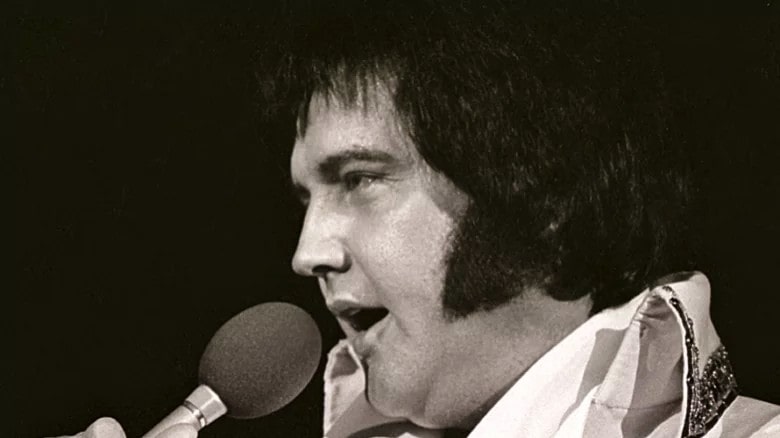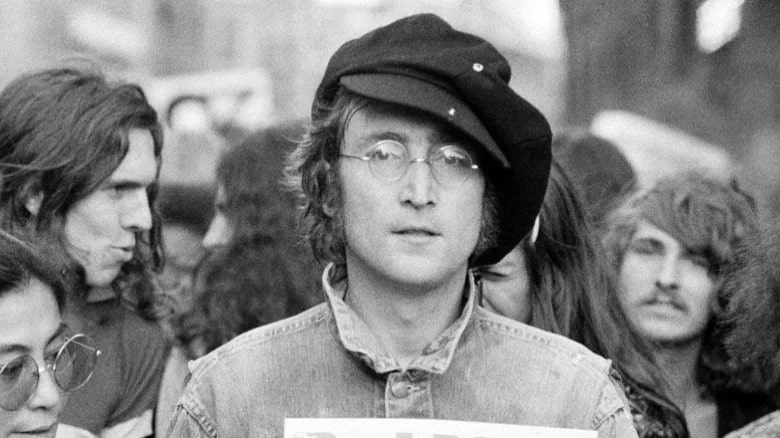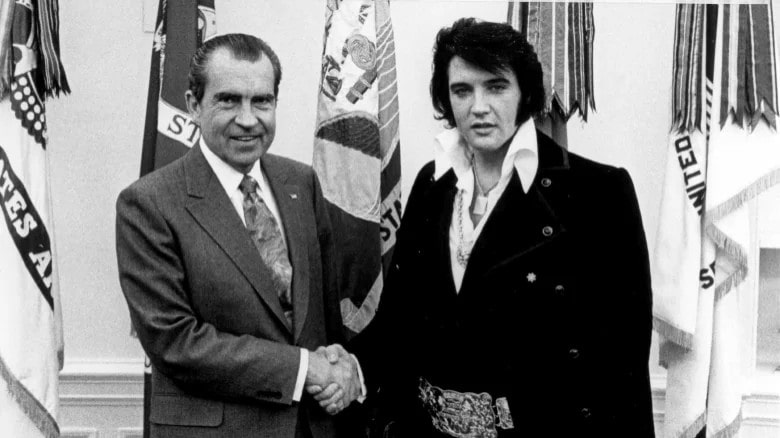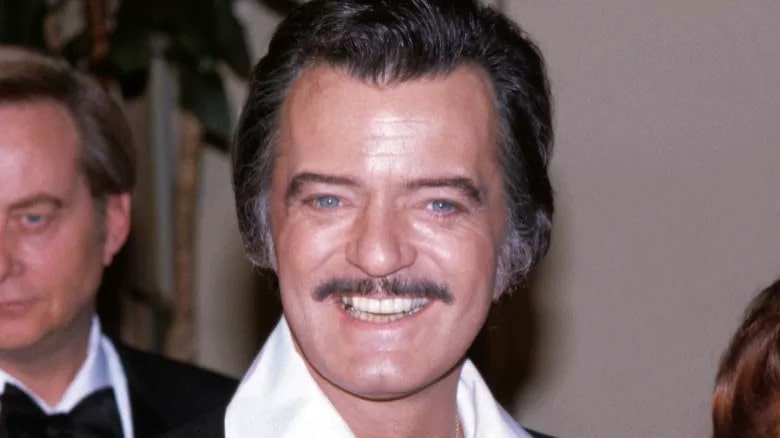Elvis Presley had conflicting personality traits. He started as a sex icon and became an obese parody of himself. After fundamentally and dramatically changing the trajectory of popular music, he spent the following ten years producing forgettable films.
He publicly offered his assistance as a volunteer in Richard Nixon’s War on Drugs, according to Smithsonian, despite having a prescription drug addiction.
The same can be said about The King’s relationships with people. Although he was known for being fiercely loyal to the people he loved, he also had a short fuse and little patience for people with whom he didn’t get along.
He often got into public arguments with other celebrities who managed to irritate him somehow. Political disagreements fueled some of these fights, perceived personal slights, and small-minded envy.

Here are the biographies of three well-known figures who Elvis hated.
Because they were both among the most well-known individuals in music and popular culture at roughly the same time, Elvis Presley and John Lennon’s careers took similar paths. During the Vietnam War, both men were also rather hefty.
It would be an understatement to say that the conflict divided people. Beyond the widely covered public demonstrations and the musical genre that opposed the war, opinions on the conflict were pervasive. Also keen to weigh in on the debate were public figures. Some well-known figures, such as John Wayne, backed the war, while others, such as Mohammed Ali, publicly opposed it.
Lennon was unrelenting in his opposition to the Vietnam War and was open about it. Presley supported the war and was a massive supporter of the president at the time, Lyndon Johnson, even though Lennon hated him for going all-in on it, according to The Express.
When the two men finally crossed paths in 1965 at Graceland, their differing perspectives on the Vietnam War were instantly apparent.
The Express quotes author Chris Hutchins as saying that the tension between the parties was palpable when the Beatles walked inside Elvis Presley’s house. According to him, Elvis’ “disdain of the pacifist Beatle was formed” the night I took the Fab Four to his house for their first — and only — encounter.

Lennon also made a sly jab at his host’s profession’s current status. “John wondered what had happened to the old rock ‘n’ roll Elvis, who was mainly singing the soundtracks to his movies at the time. He was half-joking, but he meant it, Hutchins.
Although Elvis laughed off the jab, the mood in the room rapidly became frigid. The tension in the house was briefly relieved that evening when the boys all picked up their guitars and started performing together.
The two’s abusive relationship didn’t change much due to the encounter. Lennon reportedly described his joy at seeing Elvis as similar to his excitement at meeting Englebert Humperdink.
Elvis wasn’t satisfied to mull on John Lennon, the Beatle’s resistance to the Vietnam War, and the domestic slight he had suffered. He wanted Lennon to leave. Specifically, outside the USA, He went to the US President to get anything done.
Remember that Presley wasn’t the only person who desired to silence Lennon to set the scene. According to NPR News, the federal government reportedly tried valiantly (but in vain) to have Lennon deported due to his anti-war beliefs.

Elvis also wished for the Beatles to depart. According to Vox, the King reportedly met with President Nixon on December 21, 1970. Lennon and the Beatles were there, and he pleaded with the American president to take all necessary action to remove them.
Elvis asserted that “The Beatles had been a real force for anti-American mentality” then. They arrived to this nation, worked for their money, and left to return to England, where they spread anti-American propaganda.
In 1971, Elvis made another attempt to expel the Fab Four by getting in touch with a higher-up. The Beatles “laid the foundation for many of the difficulties we are having with young people by their filthy unkempt appearances and provocative music,” he said while giving then-director J. Edgar Hoover a tour of the FBI’s offices.
His contemporary singers, Robert Goulet and Elvis Presley, couldn’t have been more different from one another. While the latter was a bland ballad singer whose presence on “The Lawrence Welk Show” wouldn’t be out of the usual, the former was a boundary-pushing, confrontational Rock & Roll pioneer.

Legend has it that the impatient Elvis couldn’t stand watching Goulet on television and once fired one of his televisions when he caught the performer on screen.
According to The Express, Elvis’ estate is happy about the incident, or at the very least, his guardians believe it is a part of his past that should be acknowledged rather than kept a secret. The fully functional TV is currently on display at Graceland.
The supposed argument between Goulet and Elvis might have been overstated, though. For instance, Lisa Rogers’ blog entry claims that Goulet afterward referred to Presley as a “personal buddy.” What about shooting a gun at a television whenever Goulet was on?

Presley allegedly has broken numerous TVs, although Goulet wasn’t to blame as much as the King’s explosive temper. He was also known to shoot the TV when other well-known singers, like Frank Sinatra or Mel Torme, were on it. Elvis’ assistants reportedly kept a ton of extra TVs on hand in case their boss inadvertently shot one, according to The Vintage News.
By the middle of the 1950s, teenagers were listening to Rock & Roll, owing to innovators like Elvis Presley, Bill Haley, and Chuck Berry, who made a brand-new kind of music famous.
This was a problem for well-known performers like Bing Crosby, Perry Como, and others. Careers were at risk. There have been concerns about how the new musical style may affect American youth’s values. Frank Sinatra, on the other hand, fundamentally denigrated rock and roll.

“It virtually solely incites negative and detrimental responses in young people. It exudes a phony, manufactured vibe. He claimed that cretinous goons perform, create, and sing most of it through The Express.
Elvis would not tolerate Old Blue Eyes referring to him as a “cretinous goon.” “If my memory is correct, he likewise followed a trend. Elvis said, “I don’t know how he can say today’s youth are immoral and delinquent.
It seems that Sinatra and Elvis finally put their problems aside professionally since the two performed on stage together in 1960 for an episode of Frank’s TV show.







